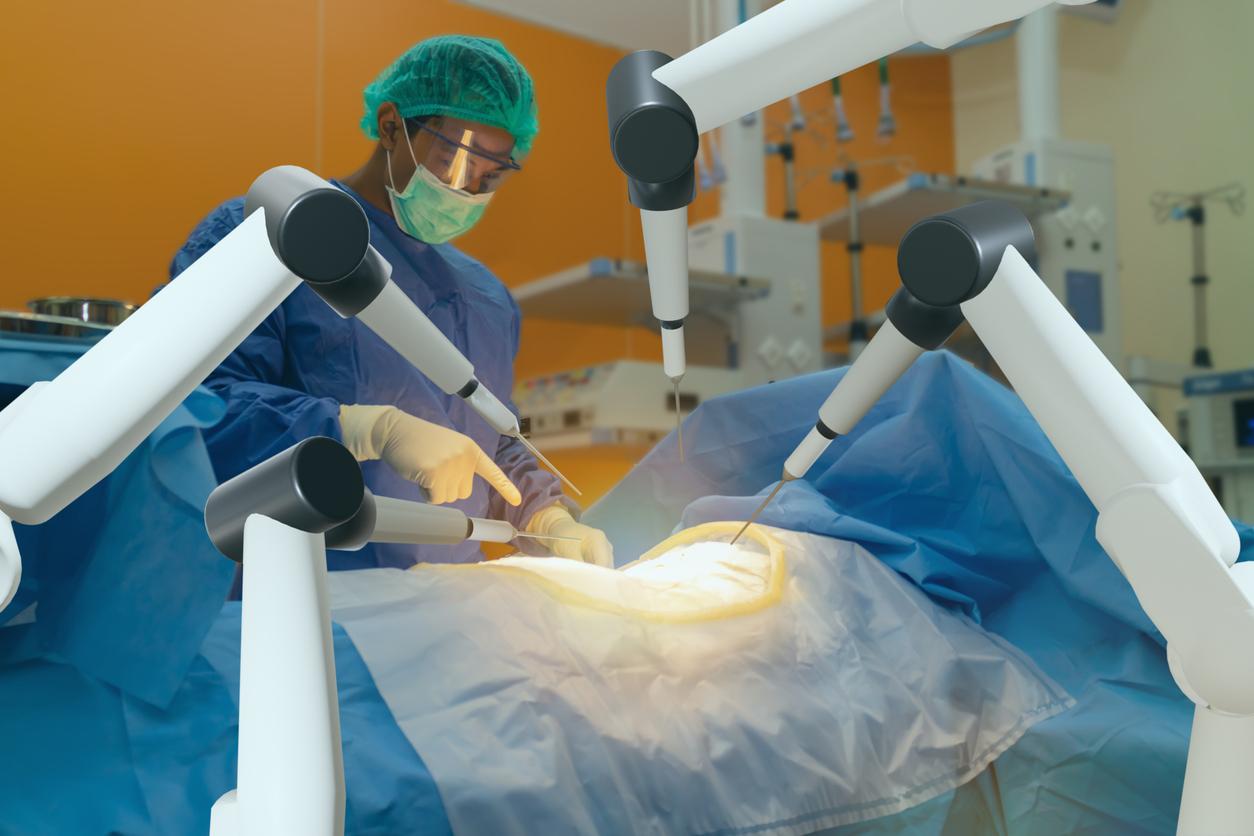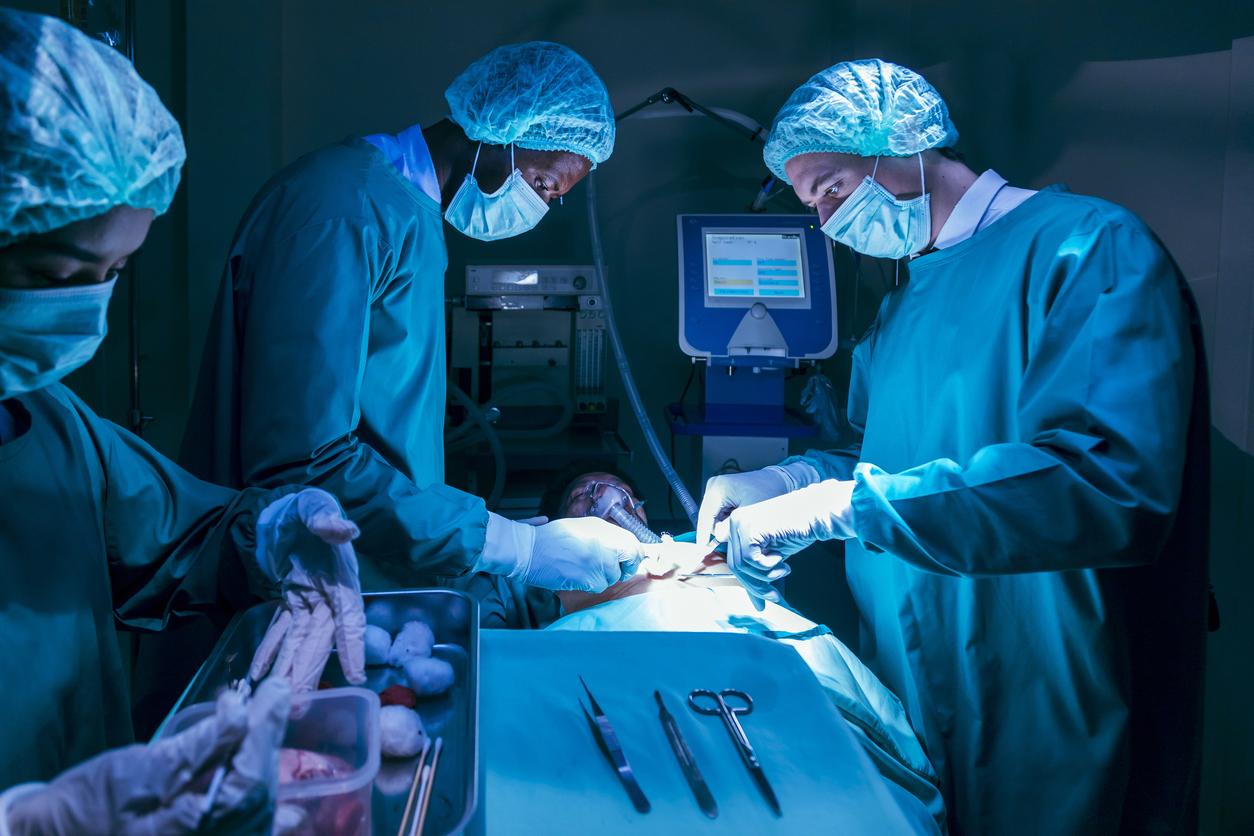Thanks to legal and medical advances, kidney transplants have evolved a lot in 2 decades. Developments that have made it possible to advance the donation of life.

Over the past two decades, renal transplantation from living donors has progressed in France, in particular due to legislative and medical developments, estimates the French Association of Urology in a recent report published on the occasion of the opening. this Wednesday of its annual congress.
In 2014, 3,241 kidney transplants were performed in France, including 514 thanks to living donations, an increase of more than 130% since 2009, underlines the AFU. An increase that has allowed France to catch up with the Anglo-Saxon countries, and good news for patients who benefit from a living transplant over 20 years against 13 to 14 years for a kidney taken from a donor deceased.
But it is clear that the demand for grafts remains high. In 2014, 15,470 patients were on the transplant waiting list. A list that continues to grow over the years due to the ever increasing number of patients suffering from renal failure.
Responding to the shortage of grafts
Therefore, to respond to the shortage of grafts, France relaxed its legislation. Revision of bioethics laws opened up donation to distant relatives, friends and spouses.
At the same time, the indications for sampling have broadened. “We are now turning to grafts with extended criteria that we would not have previously considered for a transplant”, specifies Professor François Kleinclauss, author of this report. Today, medical teams are harvesting organs from older donors who sometimes suffer from co-morbidities. A solution made possible thanks to the evolution of the conditions of conservation which make it possible to preserve a fragile kidney longer.
Surgical techniques have also undergone great revolutions. With the advent of robotics, surgeons were able to develop minimally invasive approaches and harvest a kidney by making an incision of barely 6 cm. Vaginal extraction methods have even been devised by French surgeons. A world first was achieved in Toulouse.
Different recipients
Advances that today allow the transplanting of patients who have been discarded until now. “More and older patients, more and more fragile with significant comorbidities are now candidates for transplantation”, observes Professor Kleinclauss.
Different profiles that raise questions for doctors, such as those around fertility. “It is quite legitimate nowadays for a woman transplanted at the age of 30 to have a desire for motherhood. As a transplant doctor, we are called upon to give our opinion and to supervise this particular pregnancy ”, testifies the urologist.
.















-1610705332.jpg)